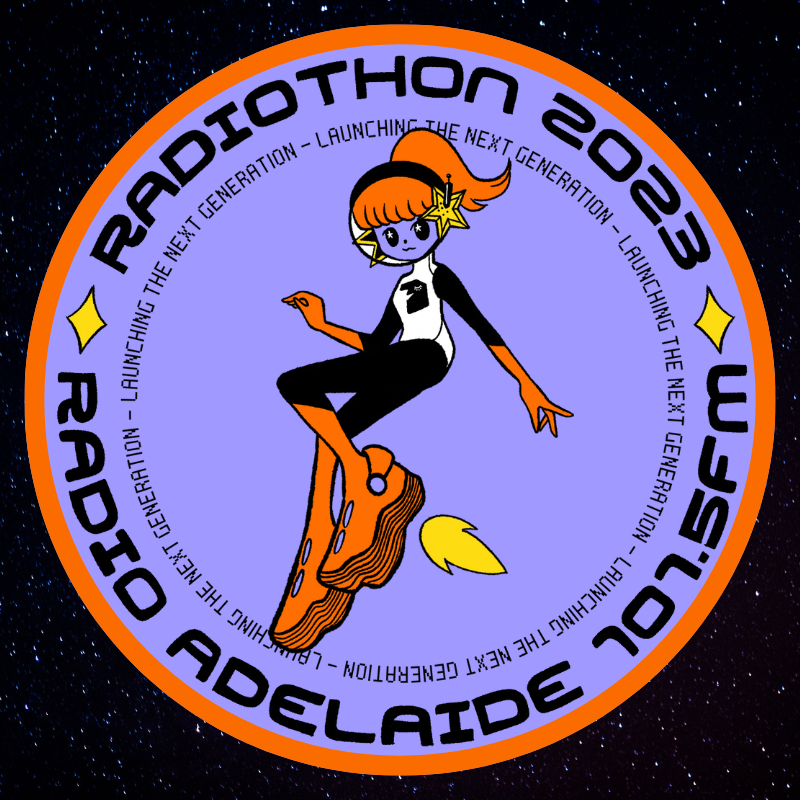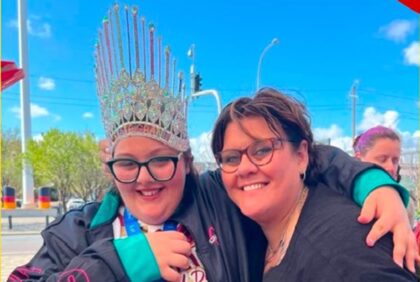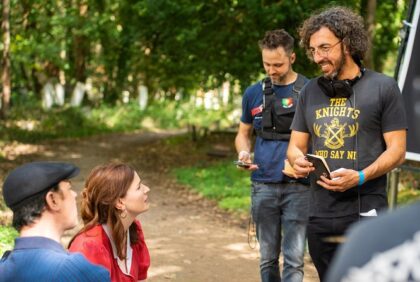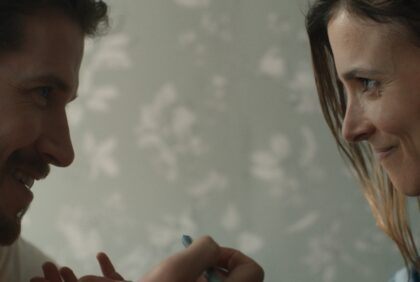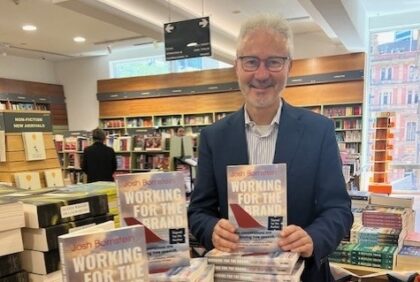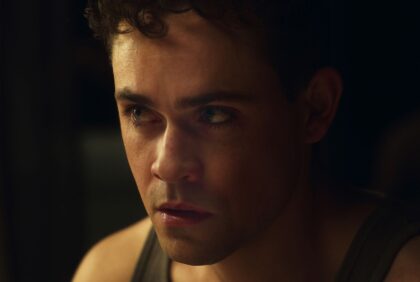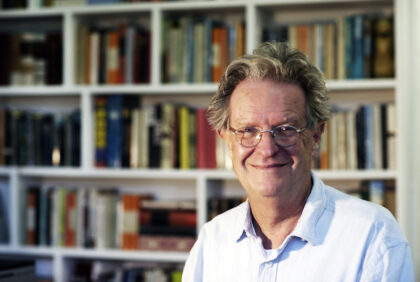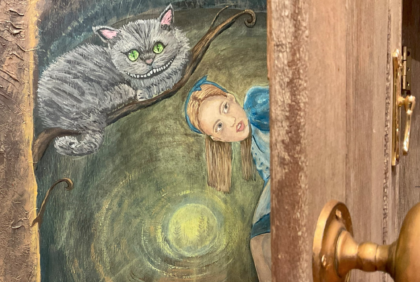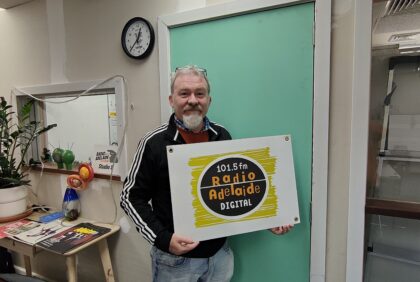Fringe Review: Call of the Malleefowl
Posted on: Mon 22 Mar 2021

Call of the Malleefowl offers an insightful rendition to conclude the Adelaide Fringe Festival.
In this debut production by Blue Stocking Theatre Co – directed by Lani Gerbi, writer Charlie Kay draws from her own experience living on the autism spectrum to tell the tale of disconnection, identity struggles, love and acceptance.
Through a merge of genres, the performance intersects the darker notes of murder and mystery with raw, uplifting tones of a slowly blossoming love affair between two women.
The story begins in an interrogation room with psychologist Dr Fields (Allison Scharber) and Evelyn (Mille Montgomery), a young woman living on the autism spectrum. Following the events leading to a suspicious shooting, Evelyn recalls her encounters over a single winter when she met the vivacious and engaging Frankie (Genevieve Venning) and Noah, (Robert Baulderstone) her overcontrolling boyfriend.
Though a brilliant use of lighting and soundscape, the narrative flows between the two worlds. The monotonous ticking of a clock is contrast with the tranquil sounds of birds set amongst the natural surrounds where Evelyn routinely goes to birdwatch. The audience soon learns of Evelyn’s fixation, where she favours the distinct patterns and behaviours of birds over the unpredictability of humans.
Kay’s script is diverse. It includes integrated references to different bird species which offer a clever parallel to moments within the characters’ experiences. Strong and potent metaphors recall a sense of loneliness and isolation. Dialogue unfolds naturally, unifying the realistic with threads of poetically, connective language.
Both Venning and Montgomery masterfully embody the demeanour of their characters; capturing Frankie in throws of animation and Evelyn with reserved, containment, often punctuated by subtle facial expression. Throughout, the two women sit gazing from the park bench. Consideration of space in these moments helps to drive the idea of distance and disconnect as they stare out to a world they feel segregated from, but equally wish to escape. As the performance progresses, the disconnect is beautifully contrast as each woman strips away layers to build a mutual closeness that upholds the extent of their differences.
The performance indeed demonstrates a wider sense of refinement that encapsulates a heartfelt story with great progressive magnitude, however would perhaps reach greater depths through a broader development of character arcs. Overall, this well executed piece of Adelaide performance is a great finale to our Fringe Festival and a promising glimpse into immersive theatre that amplifies voices of the underrepresented and marginalised.
By Emma Wotzke
Image supplied by Charlie Kay


